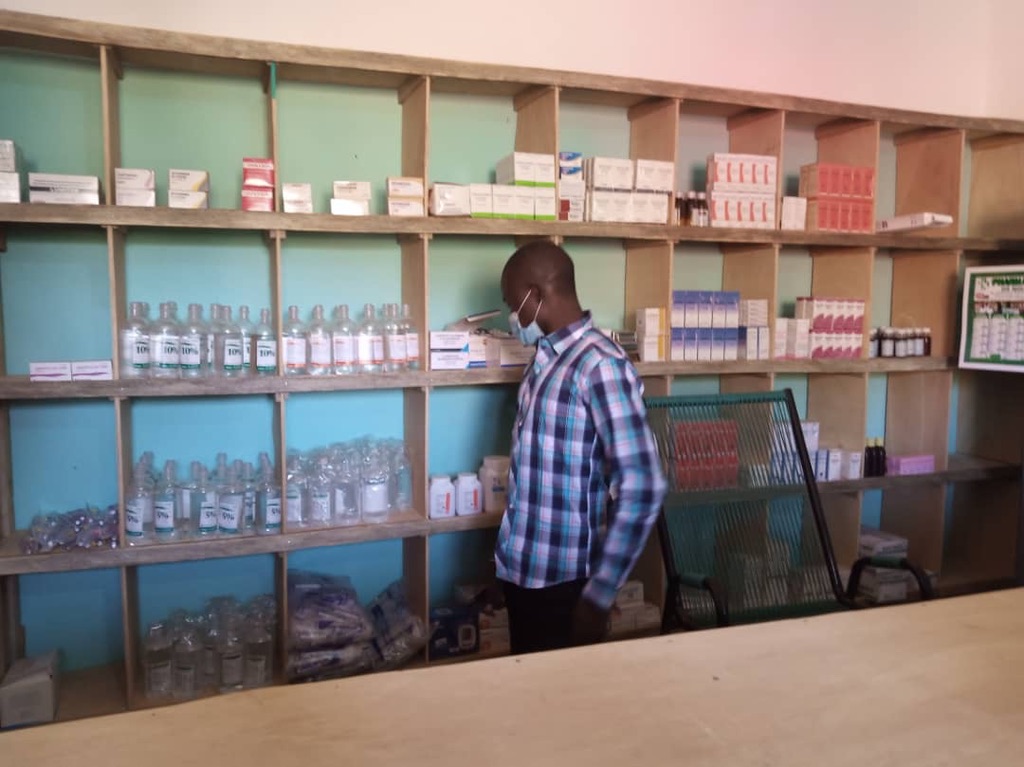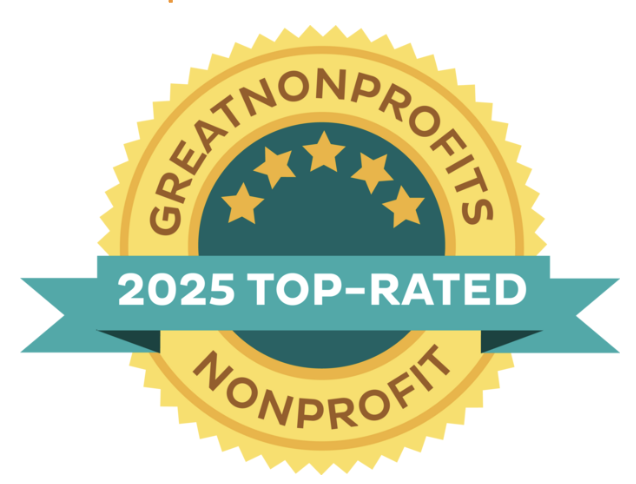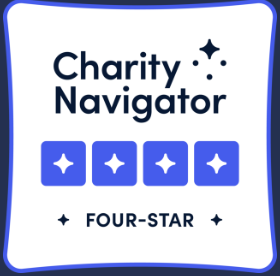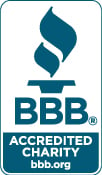Initiatives Needing Support
Our community partners have many initiatives that they are working on to strengthen their communities, improve education, work toward food security, protect the environment, create more water resources, generate more income, and build infrastructure. They are seeking support to complement the resources they bring to the table. You can make it possible for them to advance on one of these projects or programs and know exactly what your funds accomplish. See options for initiatives you can support below. Email us at info@tandanafoundation.org to sponsor a project or for more information.
| Office for School—Sal-Ogol. $5,875 The school in Sal-Ogol has no office for the director to safely store documents, books, and supplies. The director is dedicated to his students’ success and has prioritized acquiring furniture for the classrooms. Now he wants an office where he can work and safely store his materials, without having to take them home every day and expose them to potential loss. Any funds collected in excess of those needed to complete this project will be allocated to fund similar projects in neighboring communities. | |||
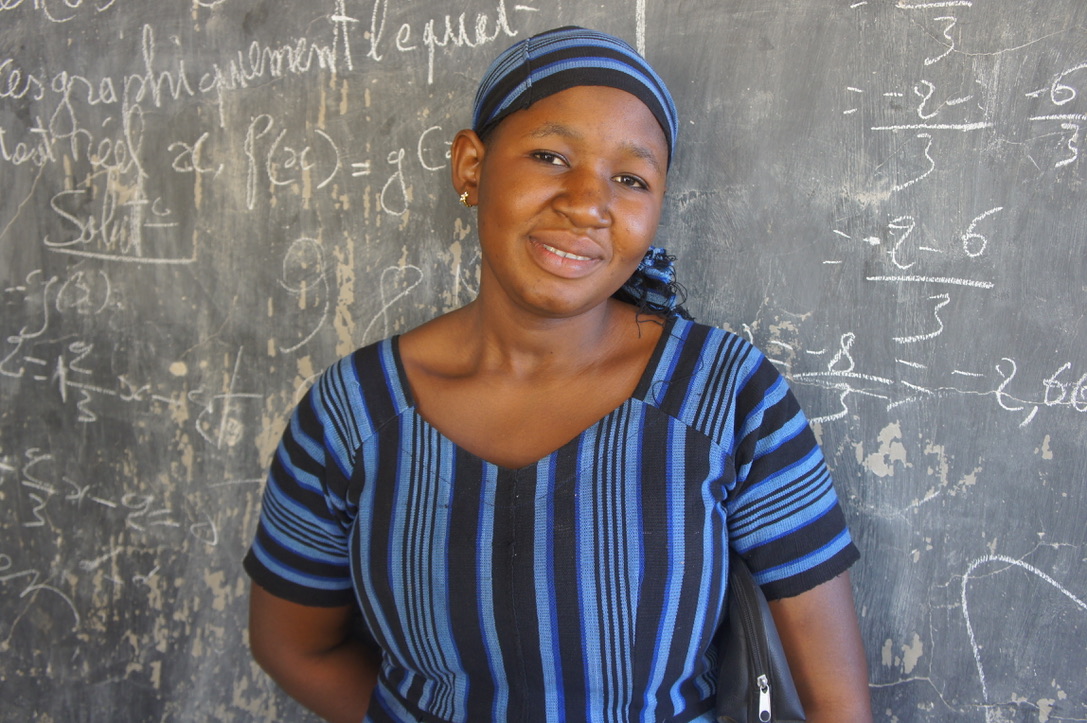 | Supporting displaced students in Bandiagara. $10,000 Because of insecurity in certain parts of rural Bandiagara District, many families have fled their villages and moved to Bandiagara, where they are living in tents. This is not only dangerous but also disruptive to students who should be in school. This program will allow 100 students who are members of families who have taken refuge in the town of Bandiagara due to insecurity in their villages to go to school. Any funds collected in excess of those needed to complete this project will be allocated to fund similar initiatives. | ||
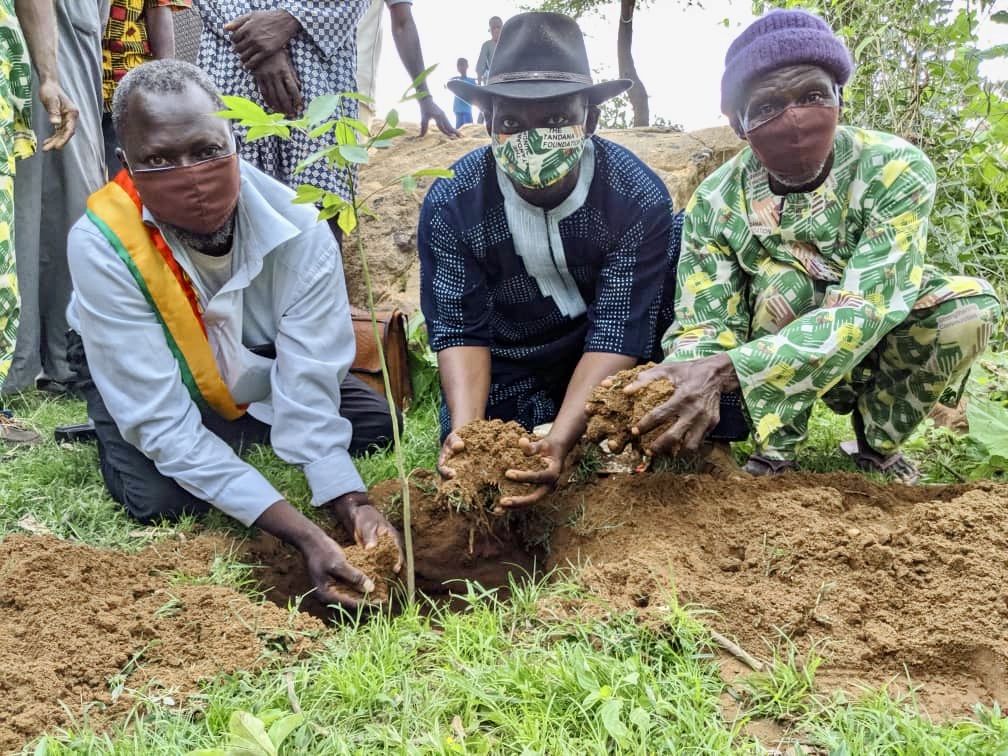 | Reforestation Campaign. $480 Each year the Olouguelemo Environmental Association holds a reforestation campaign, planting thousands of native and fruit trees in fields, forests, public place, and along roads. You can make a significant contribution to this campaign, which also receives support from the Association itself and the Mayor of Wadouba Township. Any funds collected in excess of those needed for reforestation will be allocated to fund other environmental initiatives of the Olouguelemo Environmental Association. | ||
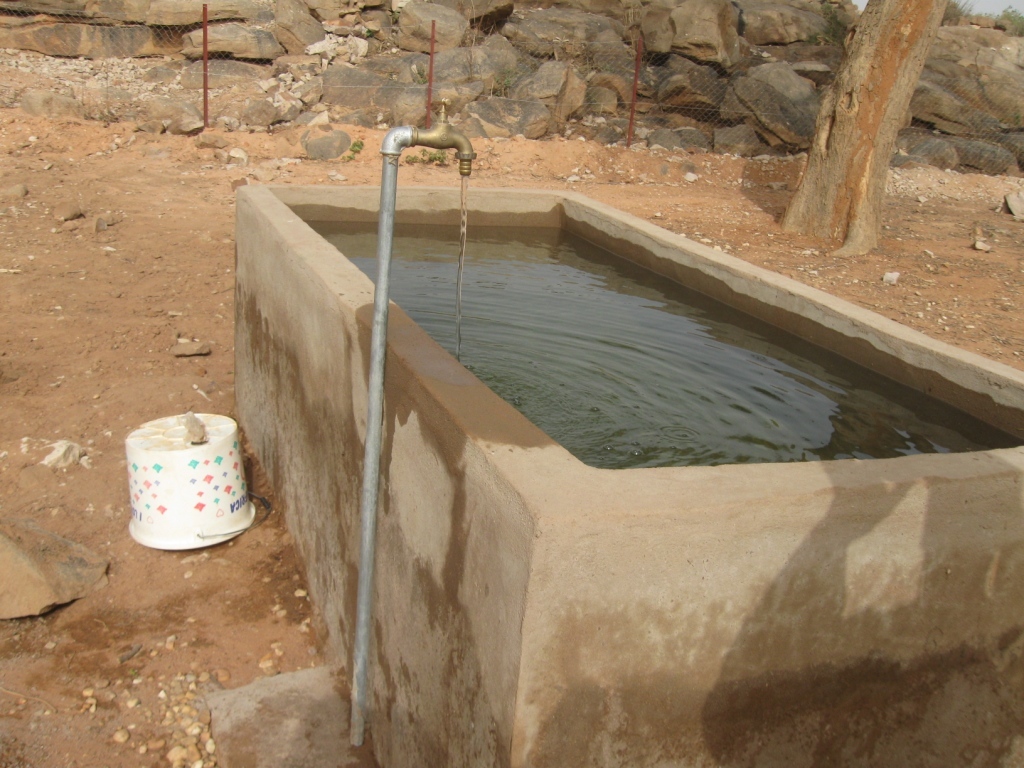 | Rainwater collection system. $37,600 The village of Kansongo has a community orchard and garden; however the water from the nearby borehole is not sufficient for irrigation the plants. They have a community meeting room near the garden and want to build a system to collect rainwater from the roof of this building and use it to irrigate the garden. Any funds collected in excess of those needed to complete this project will be allocated to fund similar initiatives. | ||
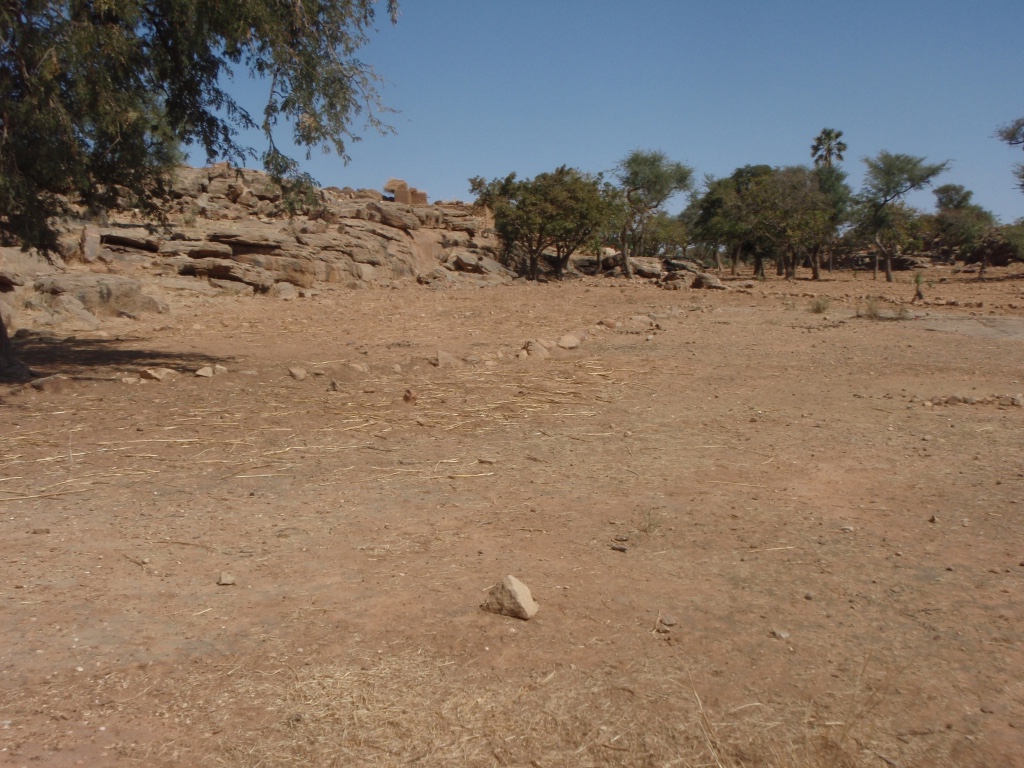 | Rice field for Kansongo. $45,000 Residents of Kansongo, in their perennial efforts to work toward food security want to diversify their agricultural production. There is a variety of dryland rice that they can grow if they can create earthworks to catch, retain, and channel rainwater. They need to hire earthmoving equipment to create this irrigation system. Any funds collected in excess of those needed to complete this project will be allocated to fund similar initiatives. | ||
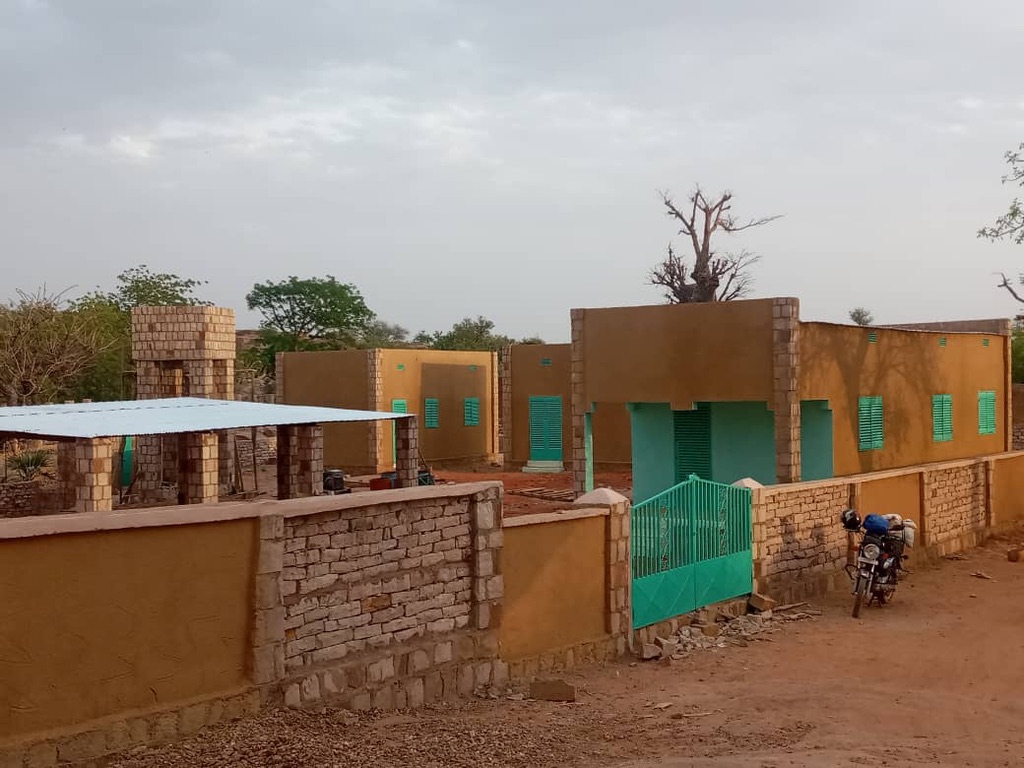 | New health center in Menthely. $105,000 The government of Mali created a health center for the sector of Menthely on paper. There is a committee in charge of overseeing the center. However, they didn't provide any infrastructure! To have a real health center, the communities of the sector need a building with maternity, consultation, pharmacy, and cold storage rooms, as well as a borehole, water tower, solar panels, waiting hangar, latrines, and wall around the compound. You can make this idea become a reality so that residents of Menthely can access health care near their homes. | ||
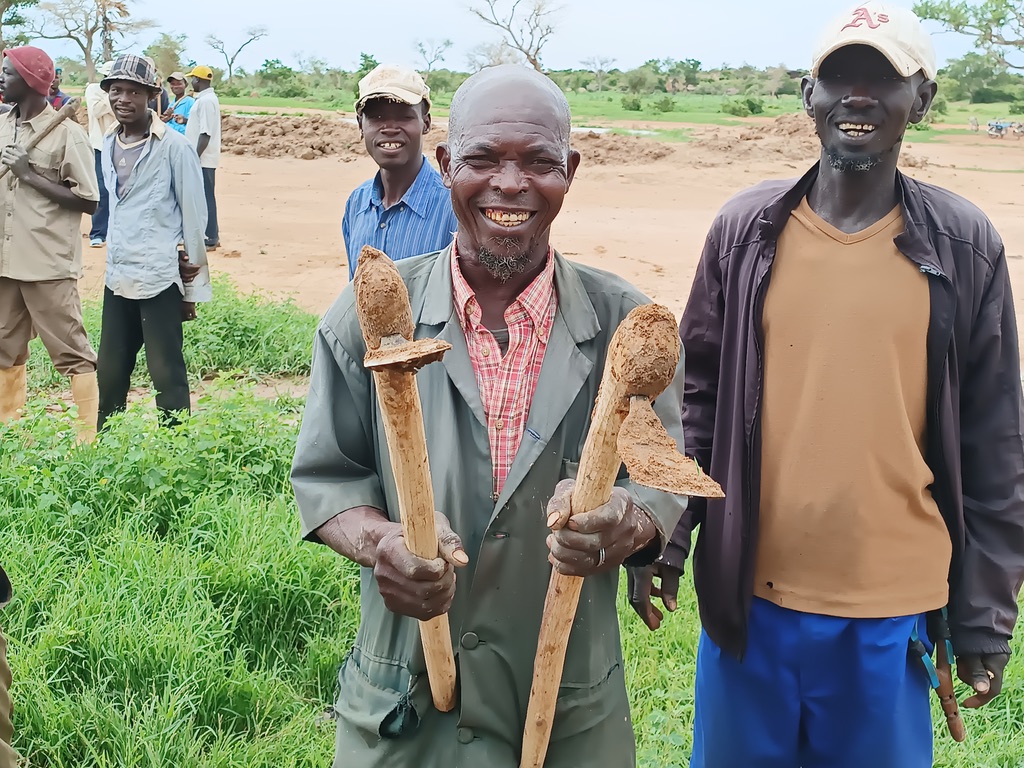 | Pond Expansion. $2,000 The village-run Olouguelemo Environmental Association seeks to expand ponds so that more water can be conserved during the rainy season and subsequently used for gardening and livestock when water is scarce. Expanded water sources allow for vegetable gardening during the dry season to supplement field crop production and allow herders to raise more livestock, thereby helping to diversify food sources and provide an additional quantity of food. They need tools for this work and food to allow them to do this labor during the lean season. | ||
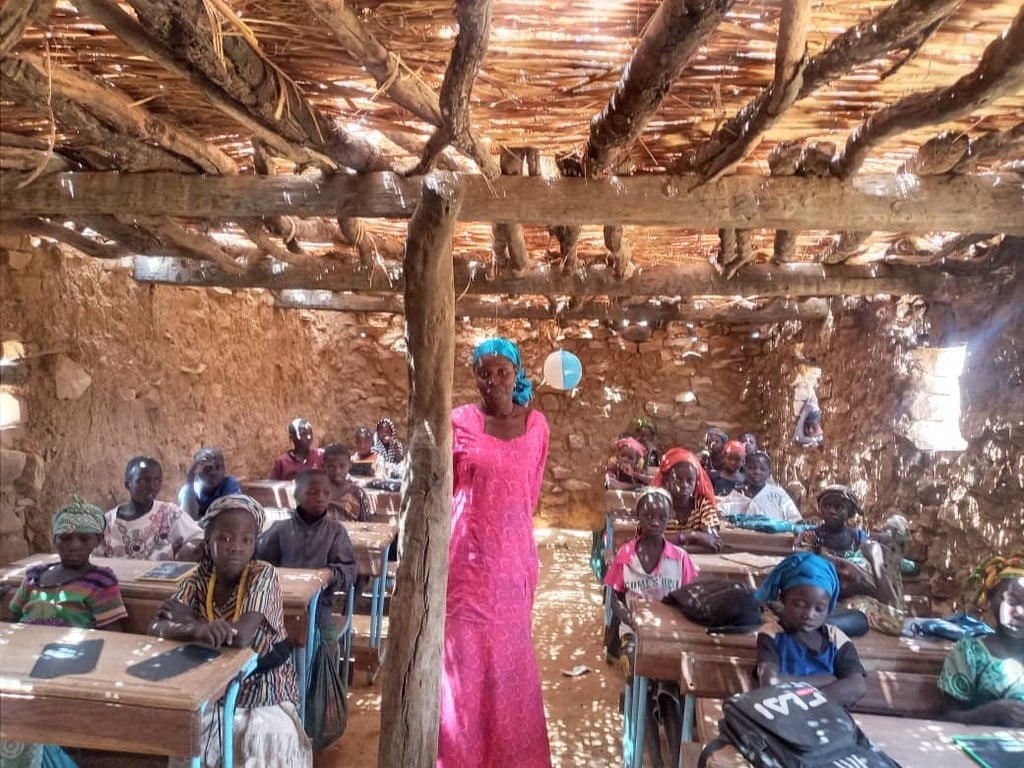 | Local teacher for a school in Mali. $600 Many schools in Mali are understaffed, sometimes with only one teacher for over a hundred students. Parents associations are willing to pitch in to hire more teachers, but their capacity to raise funds is not enough. There are often local young people who have the education necessary but haven't had the opportunity to find a job and are very excited to have a chance to help their own community by teaching in the local school. You can match the parents' association's donations and provide a stipend for a local teacher. This system creates a win-win, providing much better instruction for the students and a job opportunity to a local adult. It also supports the motivation and responsibility of the parents' association by requiring them to contribute and then matching their funds. Any funds collected in excess of those needed to complete this project will be allocated to fund other similar initiatives. | ||
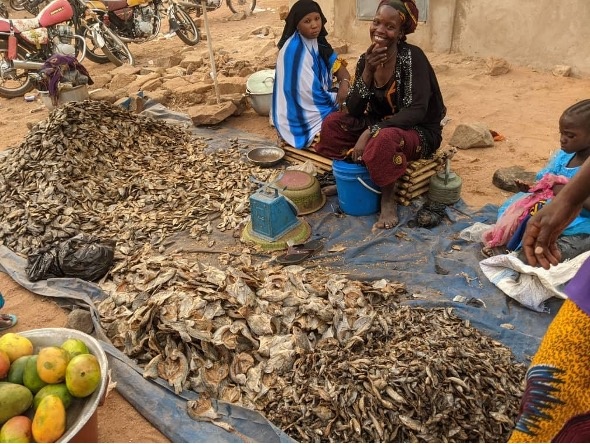 | Startup funding for a Malian Women's Association to create a business. $2,000 Your gift will allow a Malian women’s association involving 20 or more women to start their own business. Women's associations created through Tandana's Women's Literacy, Leadership, and Enterprise program will have an opportunity to submit business plans to a contest, and the best proposals will receive funding. They might start a business raising sheep, market gardening, dyeing with indigo, or many other ideas. Your gift will get them started so they can generate income long into the future. Any funds collected in excess of those needed to complete this project will be allocated to fund other similar initiatives. | ||
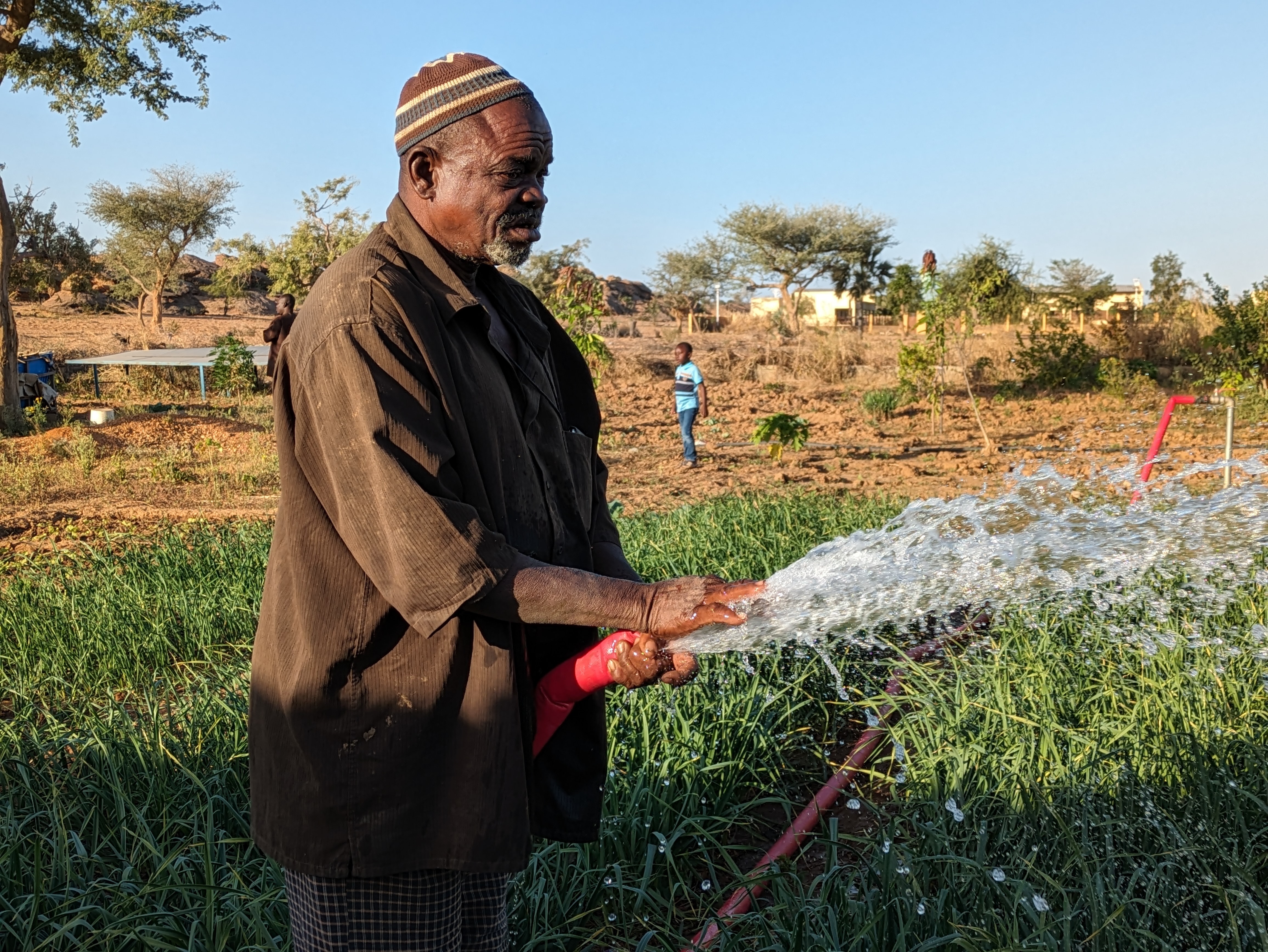 | Help start a new community-led environmental association in Mali. $32,000 Tandana has been collaborating with the Olouguelemo Environmental Association (OEA) in the Bandiagara Region of Mali since we helped create the organization in 2012. The 36 villages of the Association have come together with Tandana’s support to work on climate change adaptation and regeneration initiatives. Many villages in neighboring townships want to replicate the OEA model and create new environmental associations. You can help one of these townships start a new association with 6 villages, all working together on regenerating the environment and achieving food security. | ||
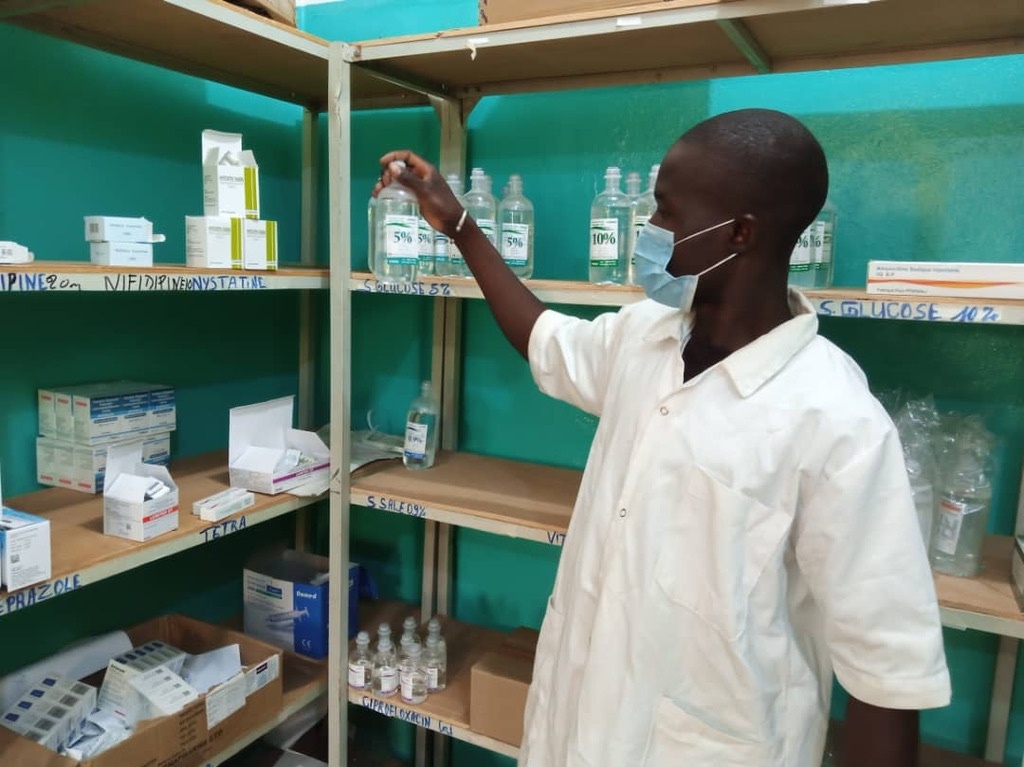 | Professional Training Scholarship in Mali. $750 You can help a student from rural Mali learn a profession that is very needed in the rural communities, such as health professions or agrofrestry. Your gift can cover 50% of a student’s costs for a year, while the student and their family cover the other 50%. You will not only help a student access a better future but also help the communities find trained professionals to serve their area. In exchange for Tandana's support, scholarship recipients engage in community service to share their new skills and knowledge for the betterment of their communities. Any funds collected in excess of those needed for one student will be allocated to fund other scholarships in the Dr. Ash B. Varma, M.D. Scholarship Program in Mali. | ||
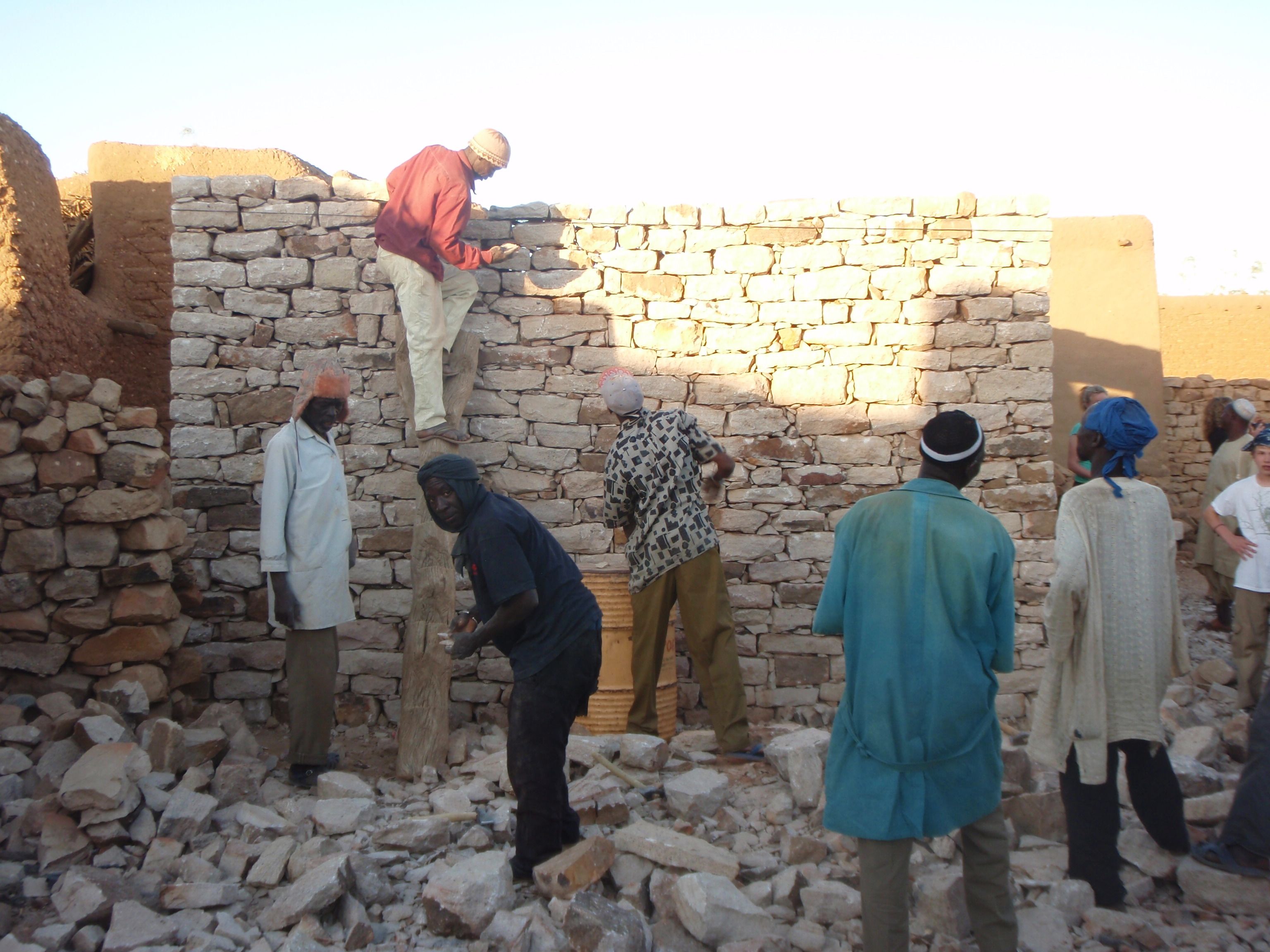 | Create a new grain bank. $7,000 In Mali's Bandiagara District, food security is a major concern. Community members work hard, farming millet, peanuts, sorghum, cowpeas, and other crops, and yet decreasing rainfall and increasing pest problems have caused harvests to diminish. In most years, most families cannot harvest enough food to last them through the year until the next harvest. A grain bank gives a community a revolving fund to purchase millet when the market price is lowest and sell it at a constant price in the village year-round, so that residents can purchase it when they need it. It also provides a safe place to store the grain and training for the leadership committee so they can manage the bank successfully long into the future. | ||
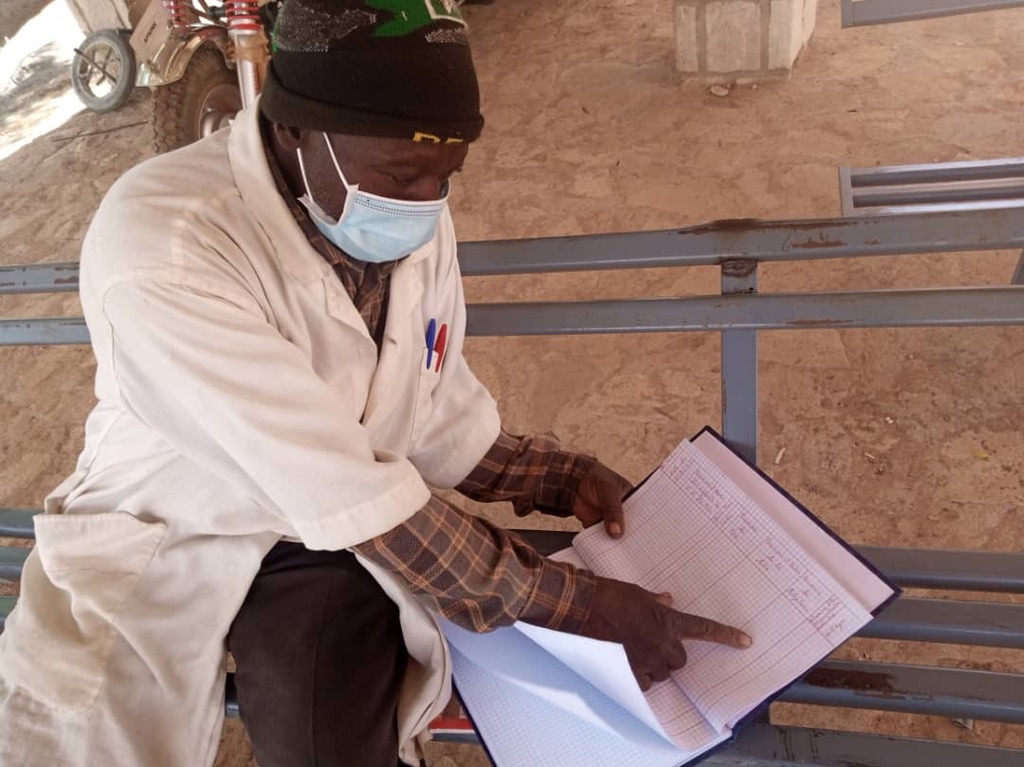 | Help pay the director of the Sal Health Center. $1,000 The community health committee is in charge of paying the salaries of the staff at the health center, and they have asked for assistance as they get started. For $1,000, you can cover half of the director's salary for one year, while the local committee covers the other half. You will ensure that the health center can function well and provide care to local residents. | ||
| Help pay a staff member at the Sal Health Center. $750 The community health committee is in charge of paying the salaries of the staff at the health center, and they have asked for assistance as they get started. For $750, you can cover half of the salary of the midwife, the medical assistant, or the pharmacy manager | ||
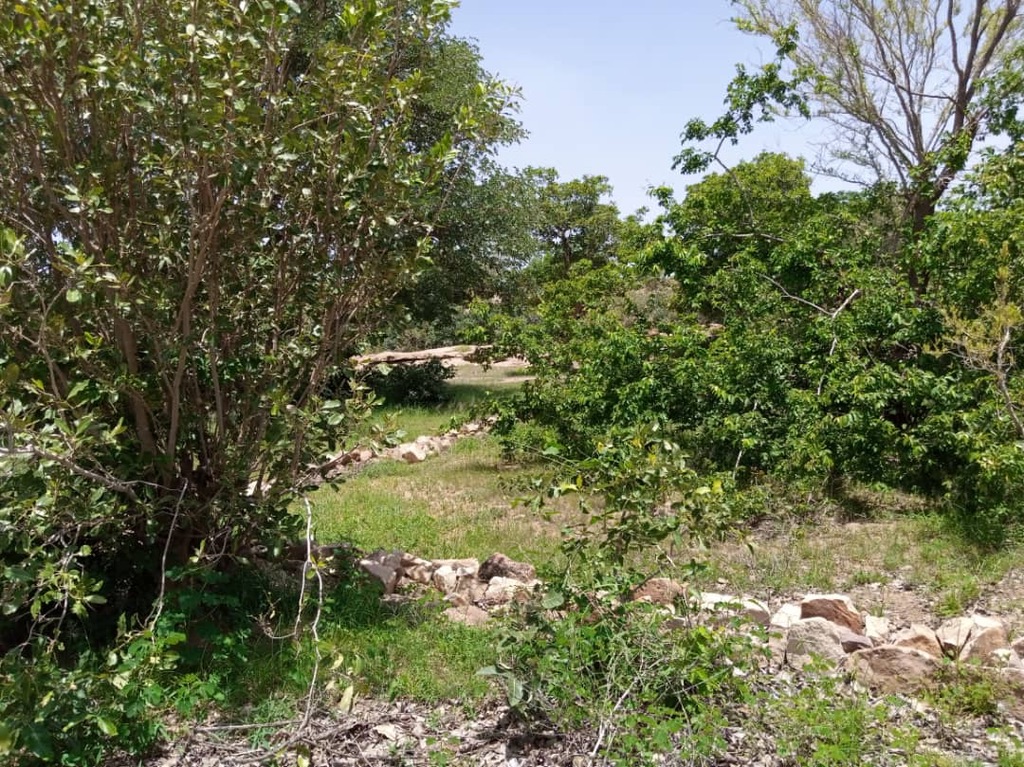 | Best forest competition. $2,000 A competition for the best forest among Olouguelemo member villages will showcase the hard work of association members and motivate everyone to do their best to care for their forest areas. | ||
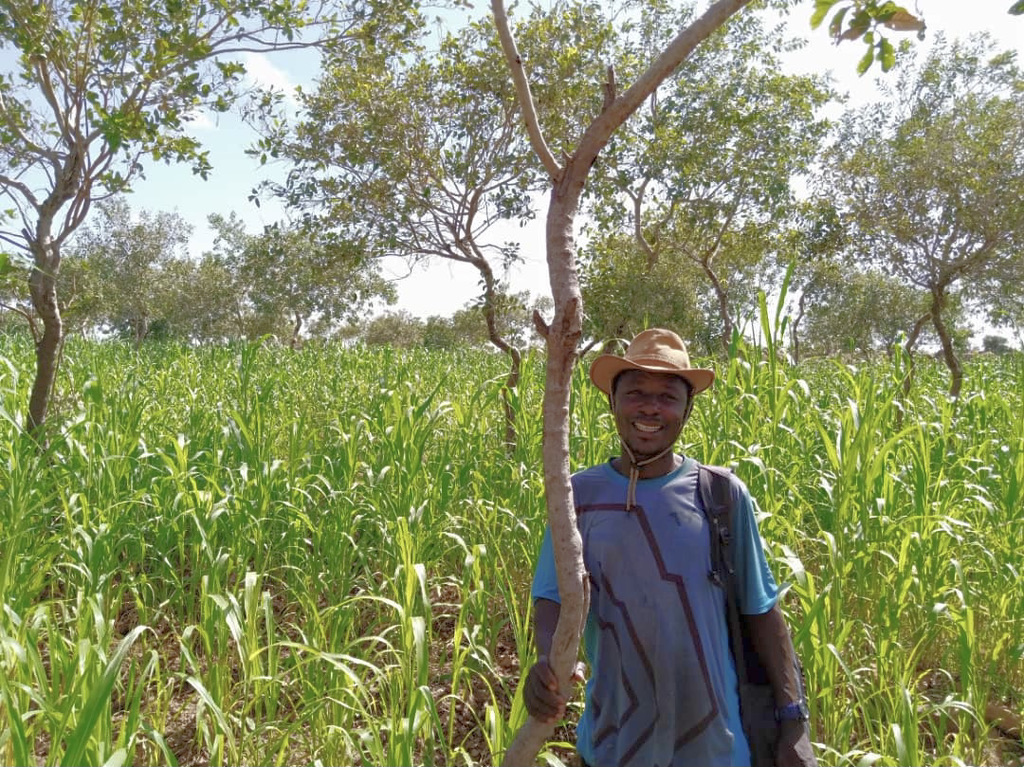 | Environmental exchange visit. $1,000 An exchange visit among the various Olouguelemo member villages will help share ideas and best practices, as well as encouraging everyone to do their best so they can show off their results to people from other villages. | ||
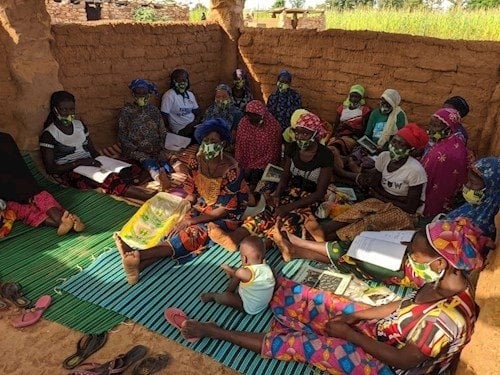 | A literacy classroom in Mali. $780 You can provide the materials that local masons will use to build a shade hangar for a women’s literacy class in Mali. In this classroom, women can hold class in the middle of the day and without disturbances. They will learn to read, write, and calculate, gaining independence, confidence, and the ability to navigate the market, their children’s schools, and township offices successfully! Any funds collected in excess of those needed to complete this project will be allocated to fund other aspects of the literacy program. |
| Secondary school scholarship. $300 per year You can make it possible for a student from a rural community in Ecuador to attend secondary school for a year. The scholarship covers books, uniforms, school supplies, transportation, and other required costs. Any funds collected in excess of those needed for one student will be allocated to scholarships for other students. | |||
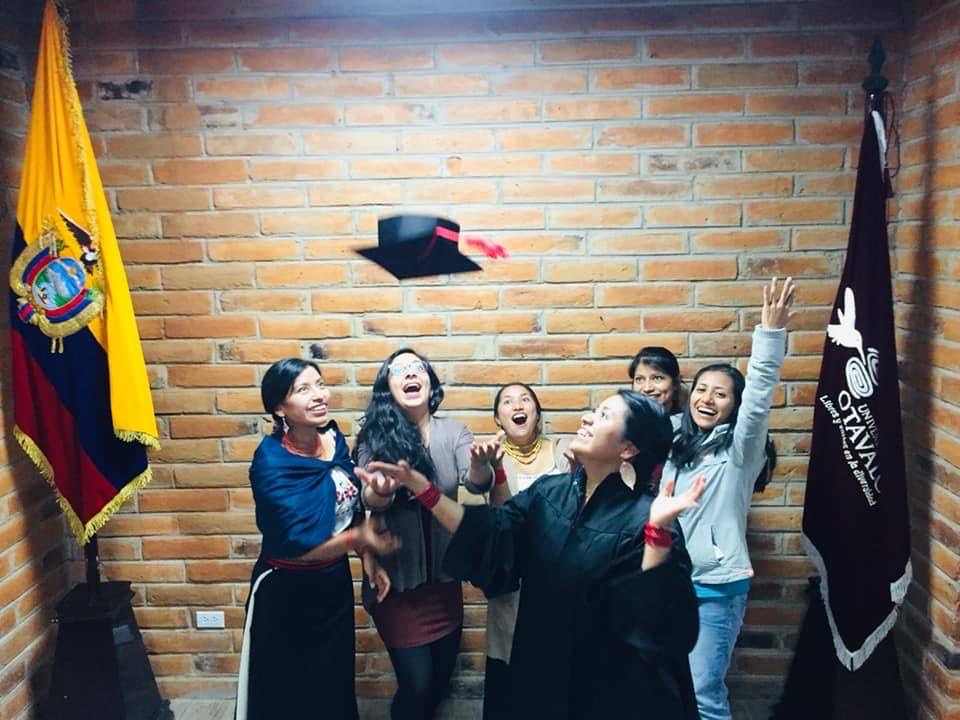 | Post-secondary scholarship. $1,500 per year Students from rural communities often want to pursue higher education and invest tremendous effort in reaching their dreams. Students in our post-secondary scholarship program work to earn half of the money needed for their studies, while the scholarship covers the other half. Students also complete community service hours during each semester. They have studied business administration, tourism business, accounting, auto mechanics, fashion design, multimedia production, and many other fields. Any funds collected in excess of those needed for one student will be allocated to scholarships for other students. | ||
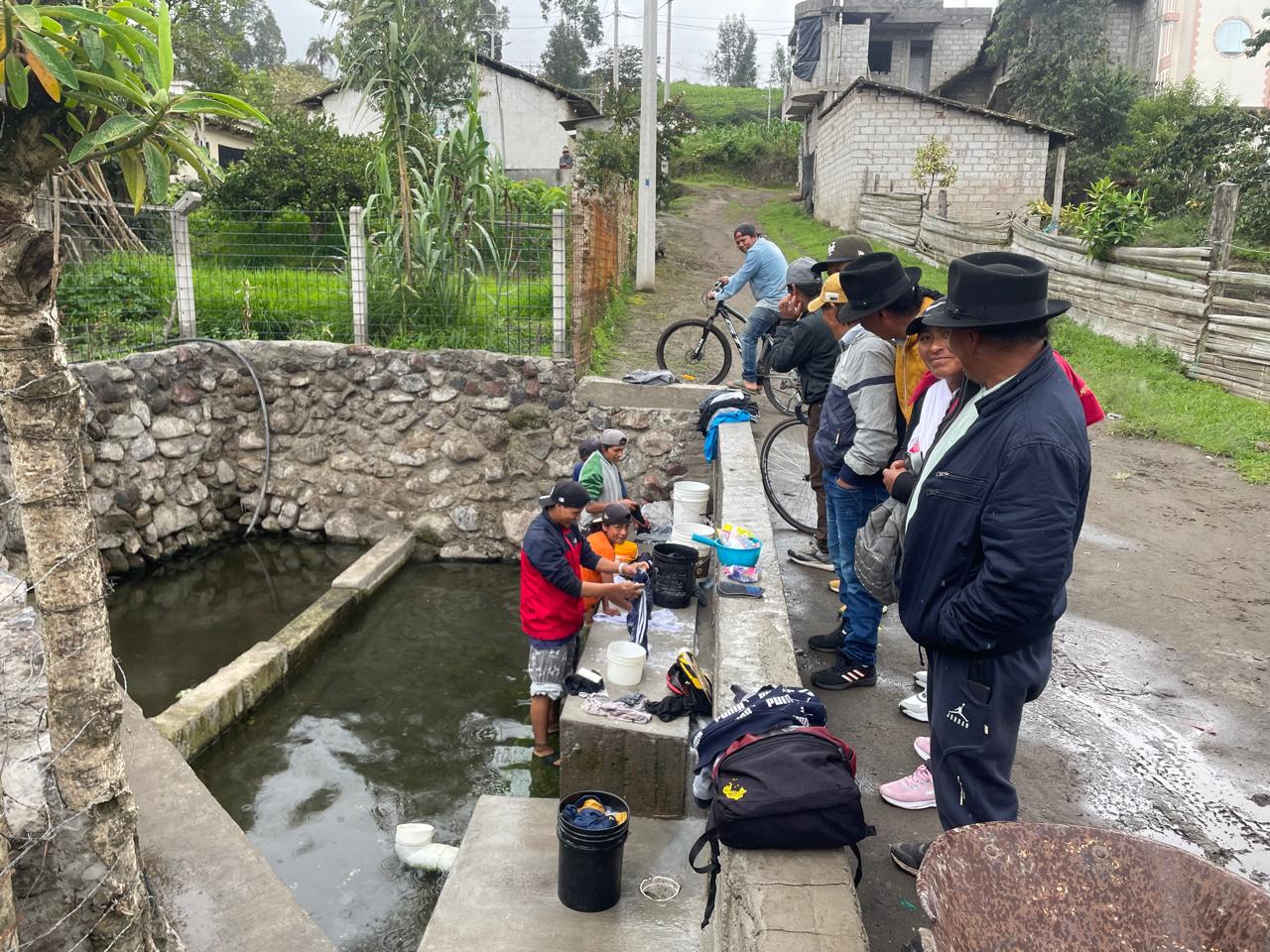 | Bring Potable Water to Cuaraburo, Ecuador. $16,700 Residents of the community of Cuaraburo, Ecuador dream of having their own potable water system. This system will fill a basic need for the community and allow then to have safe drinking water connected directly to their homes. | ||
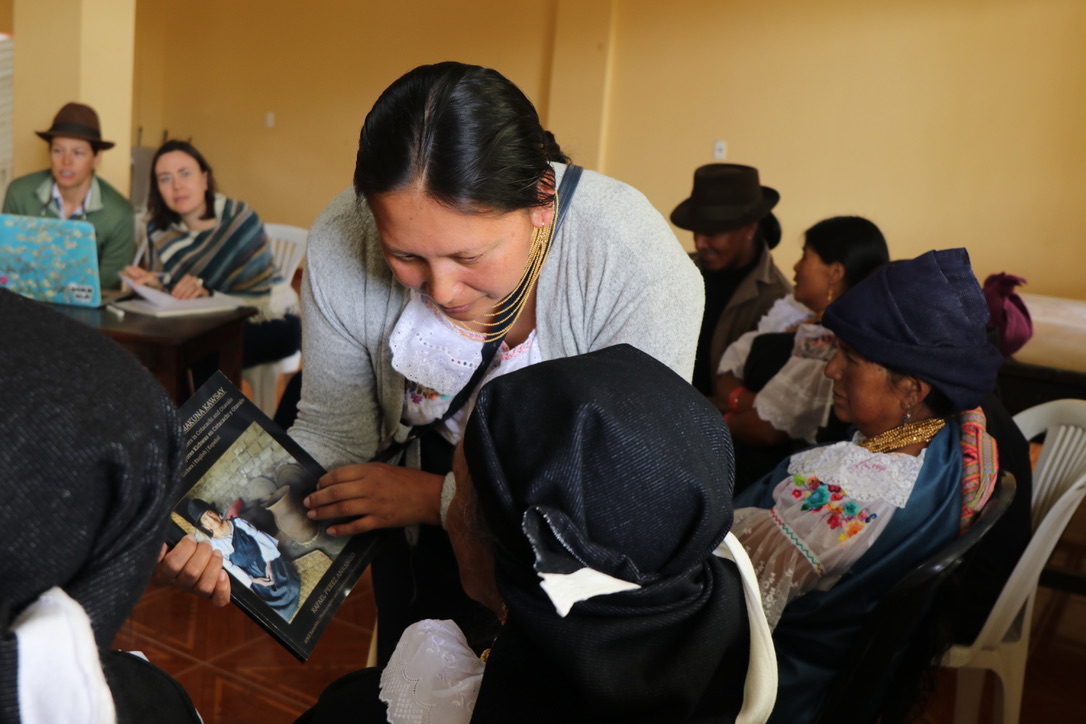 | Help publish the stories of the community of Agualongo, Ecuador. $4,870 Residents of the community of Agualongo are excited to record and share the history of their community, struggles, culture, and traditions. They envision a trilingual book that will preserve their knowledge and experience for future generations and also share it with others. They have already recorded interviews, and a team is working on transcription and translation. You can bring the book they dream of to life. | ||
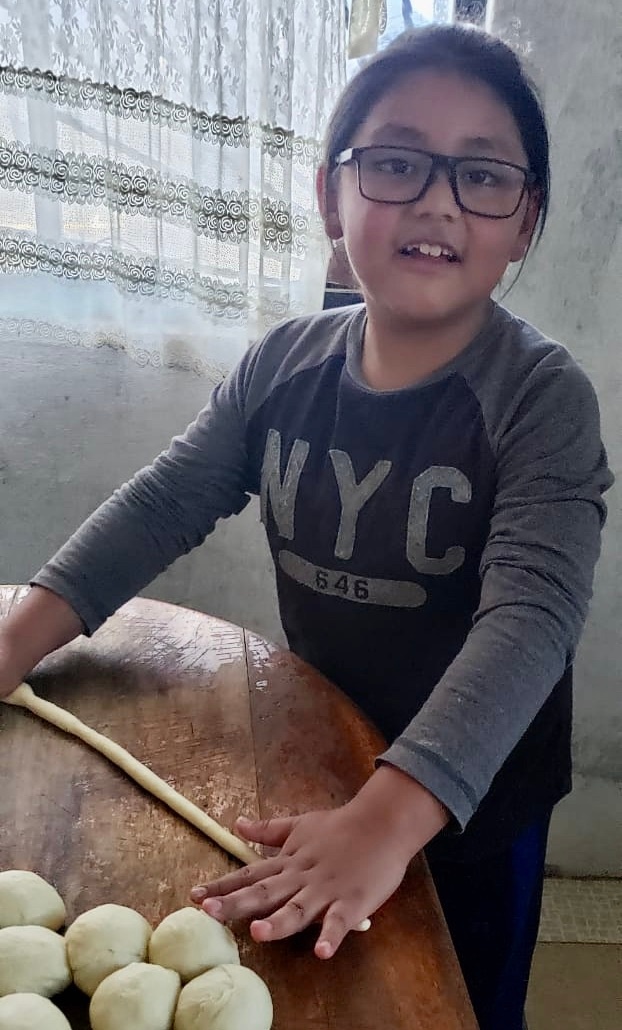 | Prescription eyeglasses for a patient in Ecuador. $95 Help a patient in Ecuador get the prescription glasses he or she needs to see well! Any funds collected in excess of those needed to complete this project will be allocated to fund other health care needs. | ||
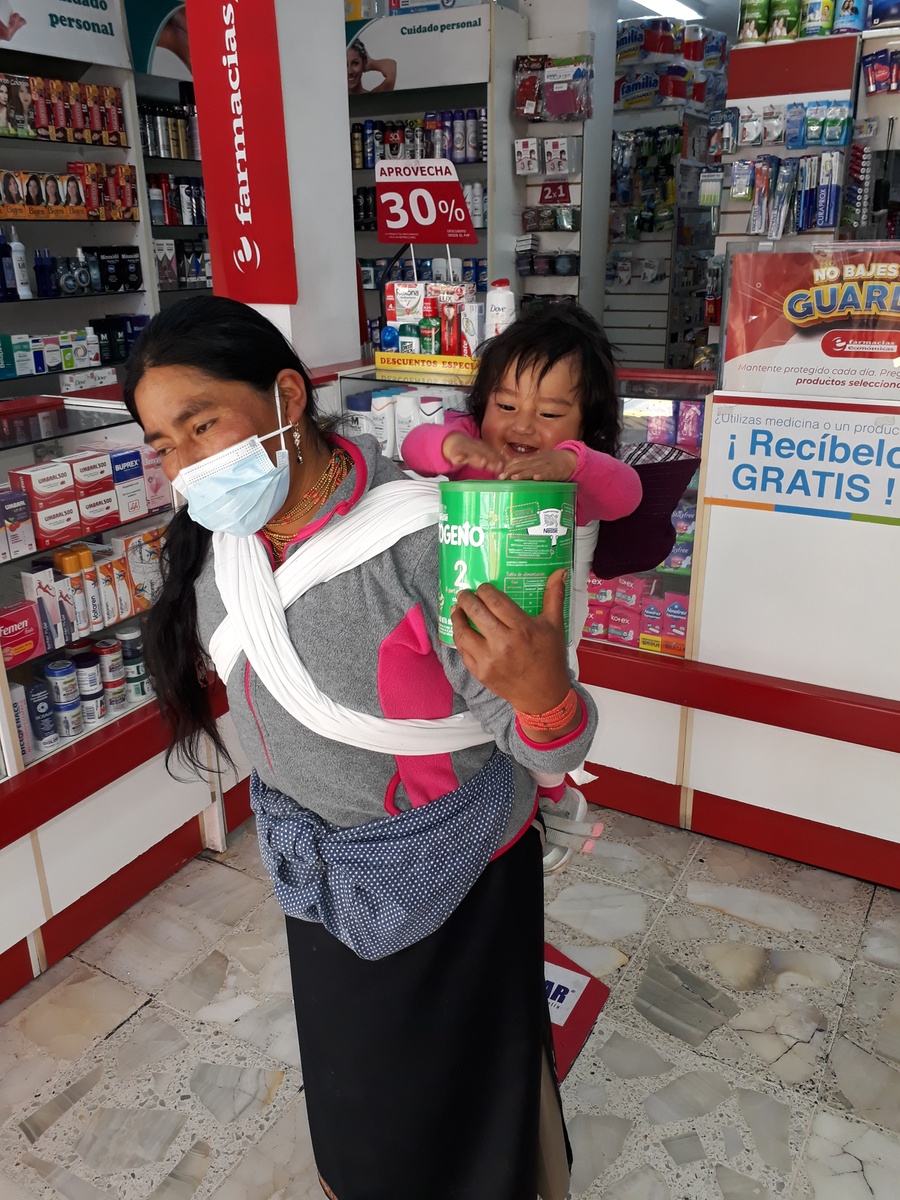 | Baby formula for 2 infants for one month in Ecuador. $33 The mothers of these infants were not able to keep up with the breastfeeding demands and the children were malnourished because they could not afford to buy formula. You can keep them well-nourished, one month at a time. Any funds collected in excess of those needed for formula will be allocated to fund other patient needs. | ||
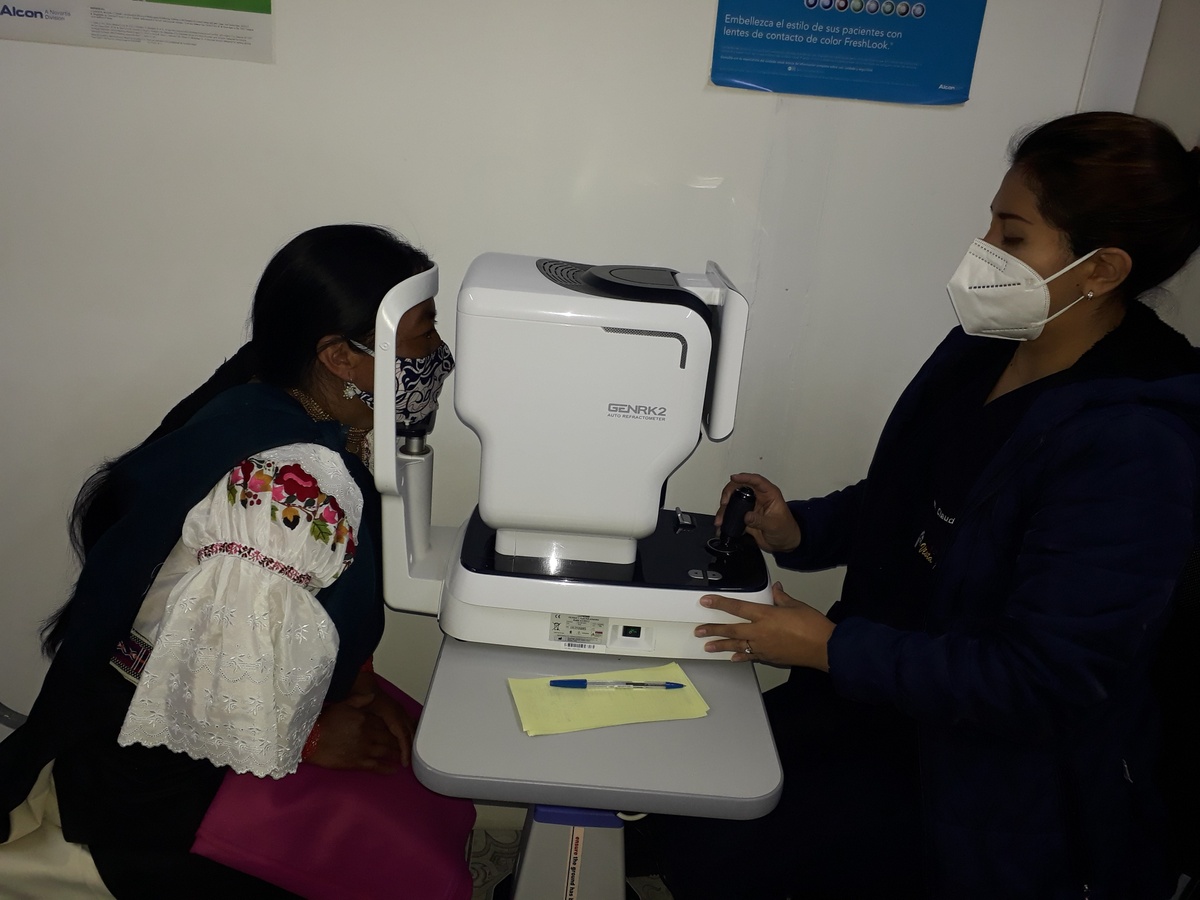 | Eye allergy medication for one patient in Ecuador. $70 Many patients have eye allergies and need eye drops to treat their problem, but this medication is not available from the Ministry of Health. You can provide the treatment for one patient. Any funds collected in excess of those needed to complete this project will be allocated to fund other health care needs. | ||
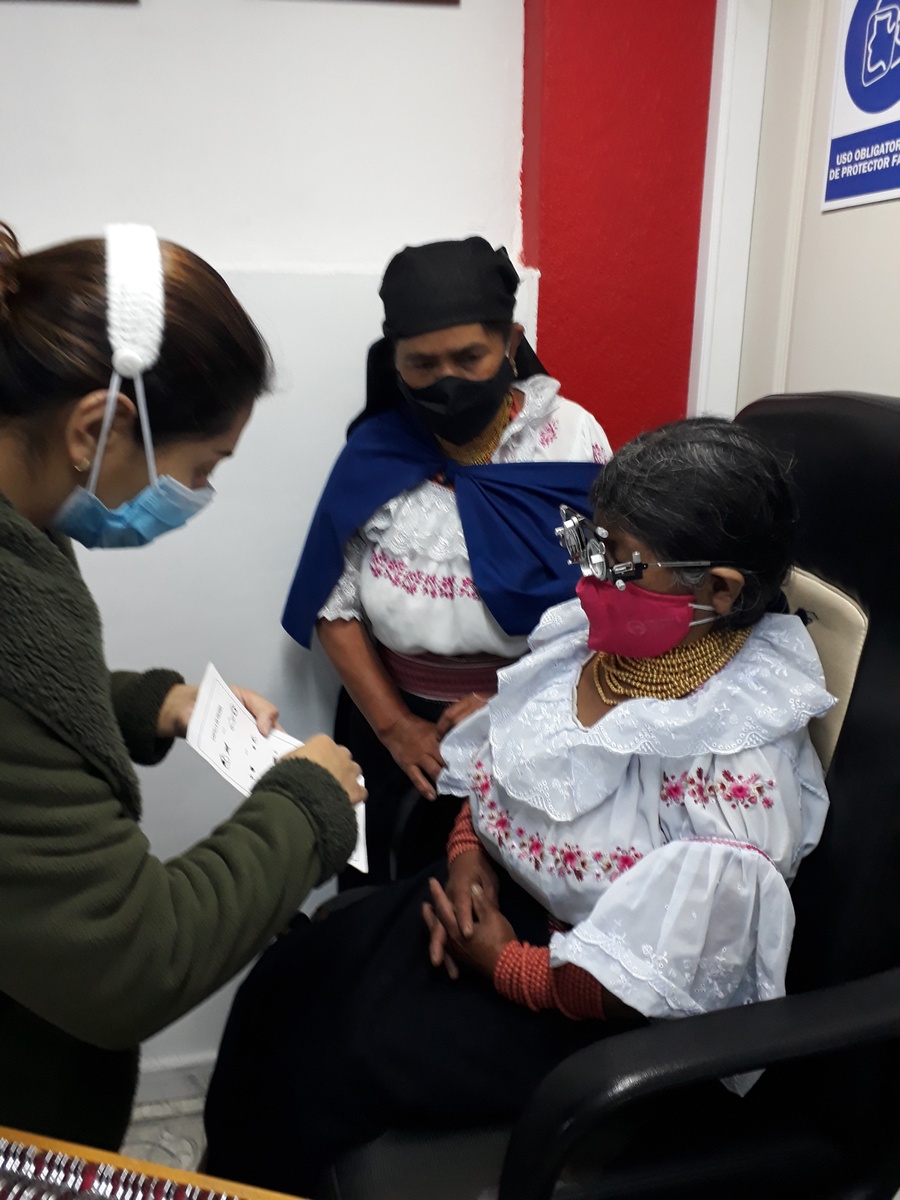 | Eye infection medication for two patients in Ecuador. $20 Many patients get eye infections and need eye drops for treatment, but this medication is not available from the Ministry of Health. You can provide the treatment for two patients. Any funds collected in excess of those needed to complete this project will be allocated to fund other health care needs. | ||
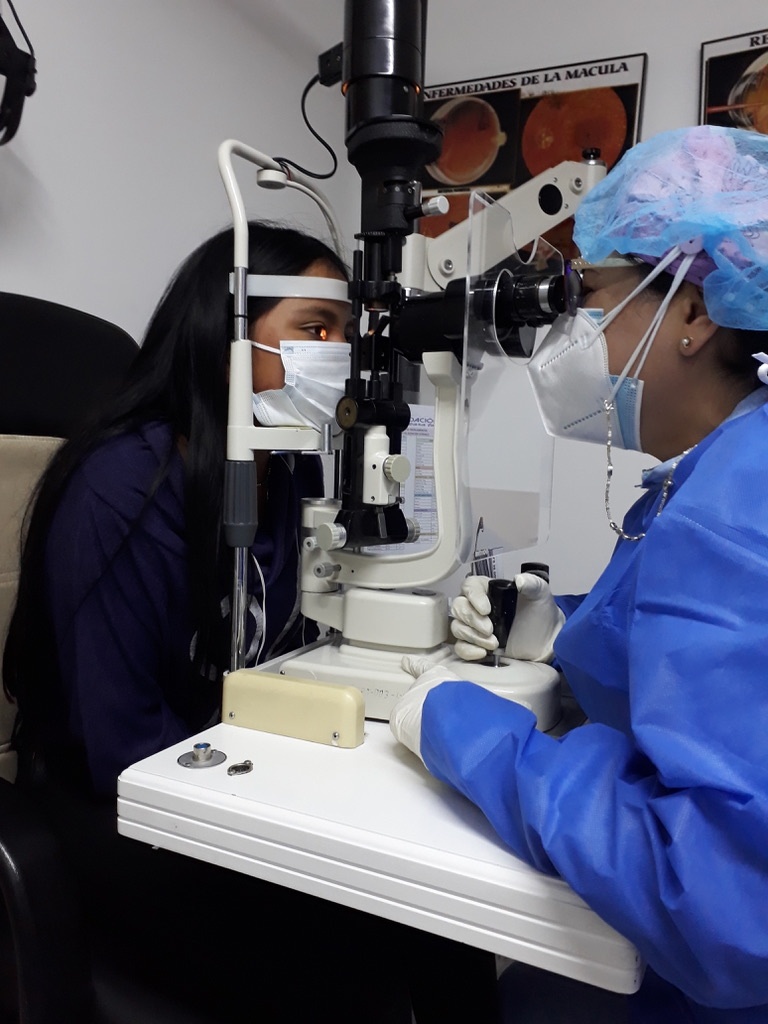 | Five ophthalmology visits for patients in Ecuador. $25 Many patients need eye care from Fundacion Vista Para Todos, a vision foundation. The cost of each appointment is $5. For $25, you can provide these important appointments for 5 patients. Any funds collected in excess of those needed to complete this project will be allocated to fund other healthcare needs. |
